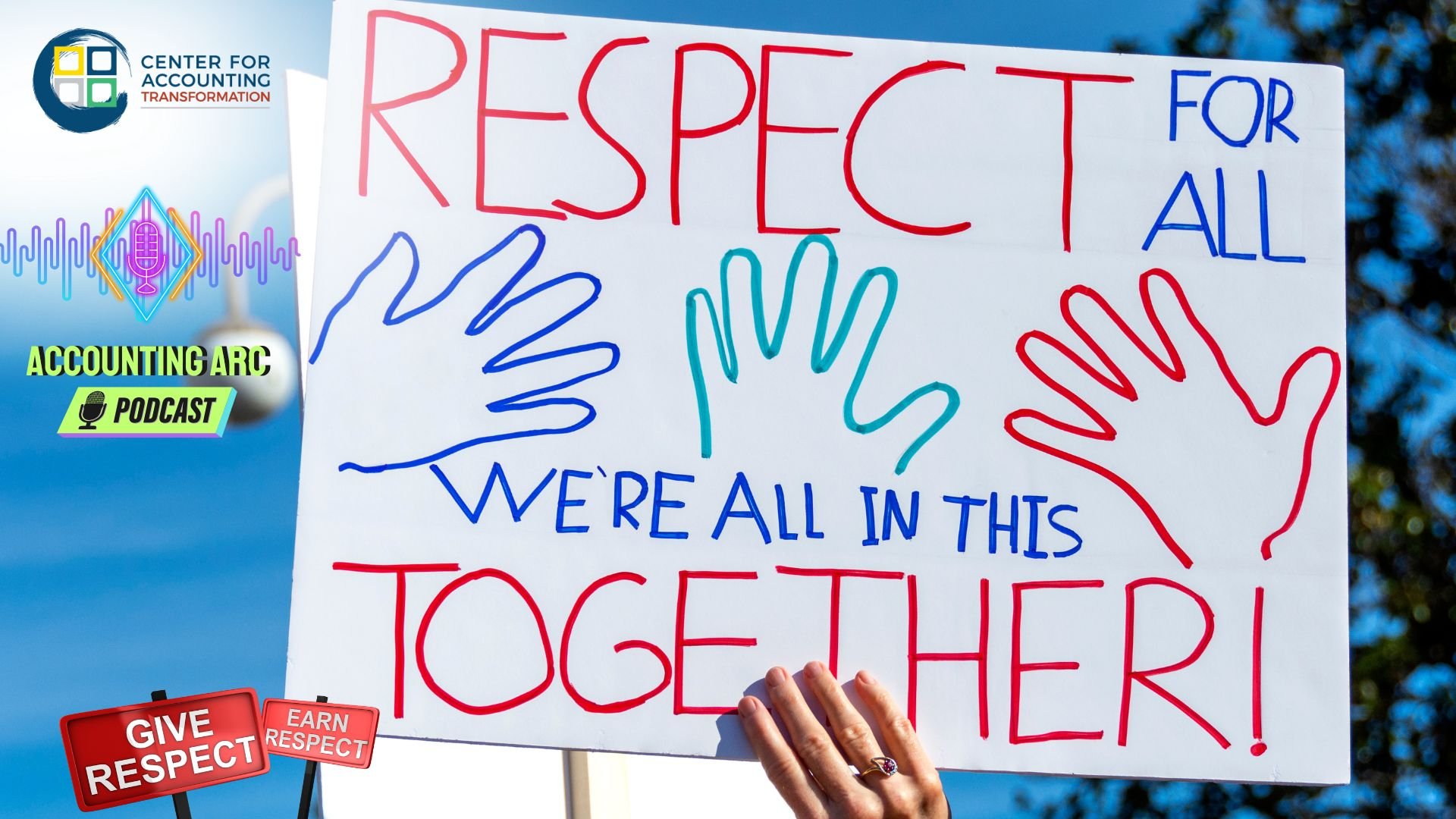0
Walking the Line: When CPAs Serve Clients in “Sin” Industries

Liz Mason and Byron Patrick discuss ethics, personal values, and the real risks of working with clients in controversial sectors.
Can a CPA work with a cannabis company? What about a legal brothel or a professional gambler? For Accounting ARC co-hosts Liz Mason, CPA, and Byron Patrick, CPA.CITP, CGMA, the answer is “yes”—as long as the work is legal, ethical, and aligns with professional boundaries.
In this episode, Mason, CEO and founder of High Rock Accounting, and Patrick, CEO of VERIFYiQ and co-founder and educator at TB Academy, unpack the complex yet often misunderstood world of “sin clients”—businesses in industries such as cannabis, gambling, adult entertainment, and more. Drawing from personal experiences, the duo explores how CPAs can support these clients without compromising professional integrity.
Ethics vs. Values: A Crucial Distinction
One of the episode’s core themes is understanding the difference between ethics and personal values. Patrick puts it plainly: “Just because a business doesn’t align with your personal beliefs doesn’t mean it’s unethical.” Both hosts agree that legality, transparency, and intent to avoid harm are the primary factors for evaluating ethical business relationships.
“All companies have a right to good advice.” —Liz Mason
From Strip Clubs to Cannabis: Real Stories
Patrick shares a story from his IT days when a client ran a strip club, a financial advising business, and an ATM rental company—essentially creating his own financial ecosystem. Mason, meanwhile, talks about preparing tax returns for legal sex workers and auditing casinos early in her career. “All businesses deserve good advice,” she emphasizes.
But it’s not all laughs and fringe clients. Mason recalls walking away from a FinTech firm exploiting consumers through abusive lease-to-own tactics. Despite being fully legal, she saw the practices as “ethically bankrupt” and terminated the client relationship.
When Side Hustles Cross the Line
The conversation also dives into CPAs managing their own ethical boundaries. What happens when a CPA moonlights as a poker player—or worse, takes on two full-time jobs without disclosure? Mason recounts two real-life examples, underscoring how lack of transparency, not the activity itself, breaches ethical lines.
Risk and Reputation
Mason and Patrick explore why some firms shy away from controversial clients. Whether it’s fear of reputational damage or government contracts, these decisions are usually business-related—not ethics-driven. As Patrick notes, “It’s often about the insurance policy or headquarters policy, not the IRS.”
In closing, both CPAs agree that working with so-called sin clients can be ethically sound—and even professionally rewarding—when approached with clarity and care. “We’re here to help build legitimate businesses,” says Mason. “If they’re legal and transparent, they deserve solid accounting.”
Don’t miss an episode. Be sure to SUBSCRIBE now.

















